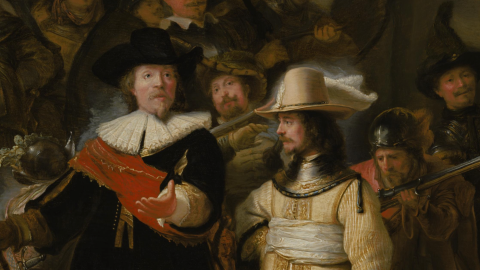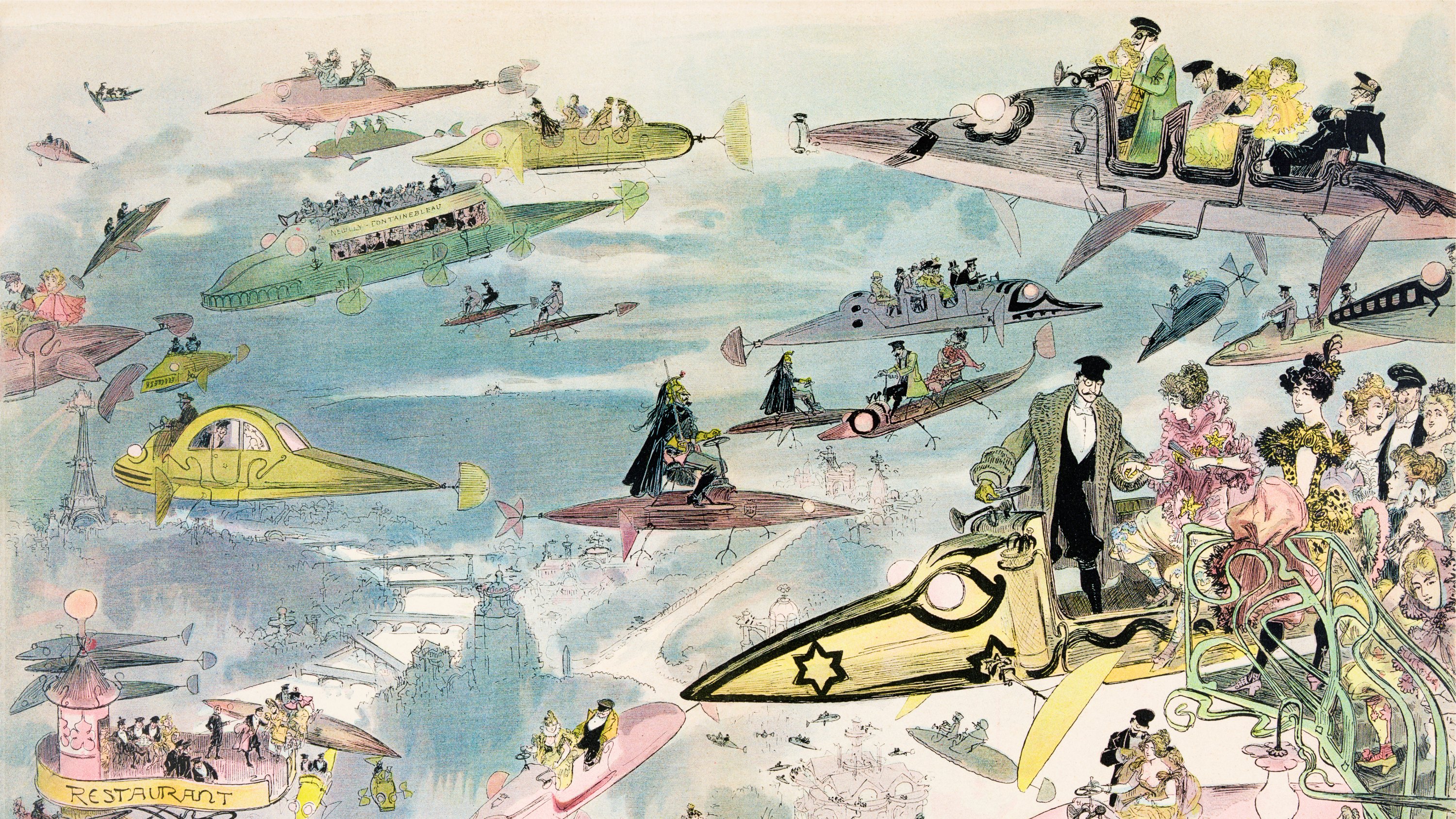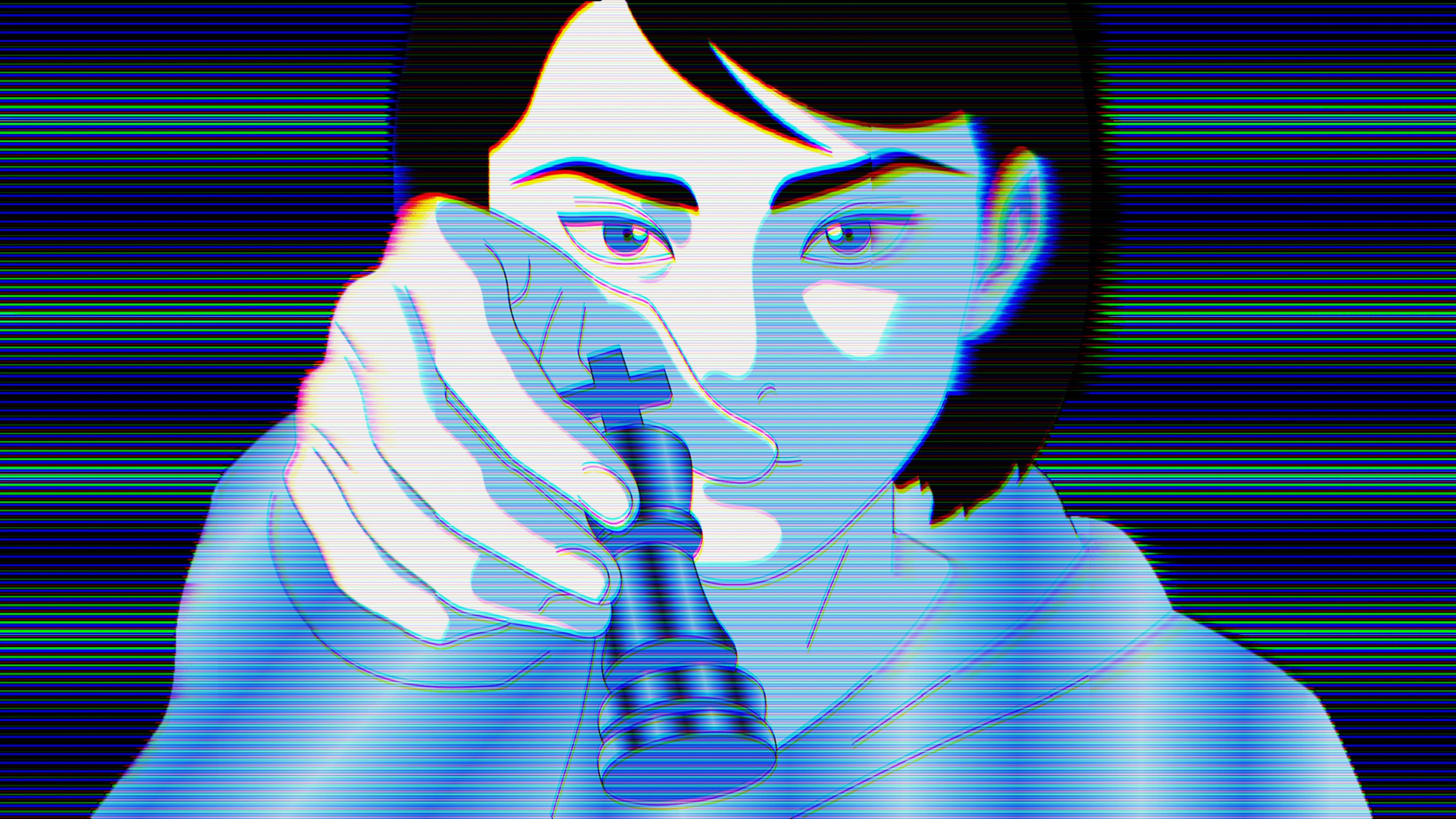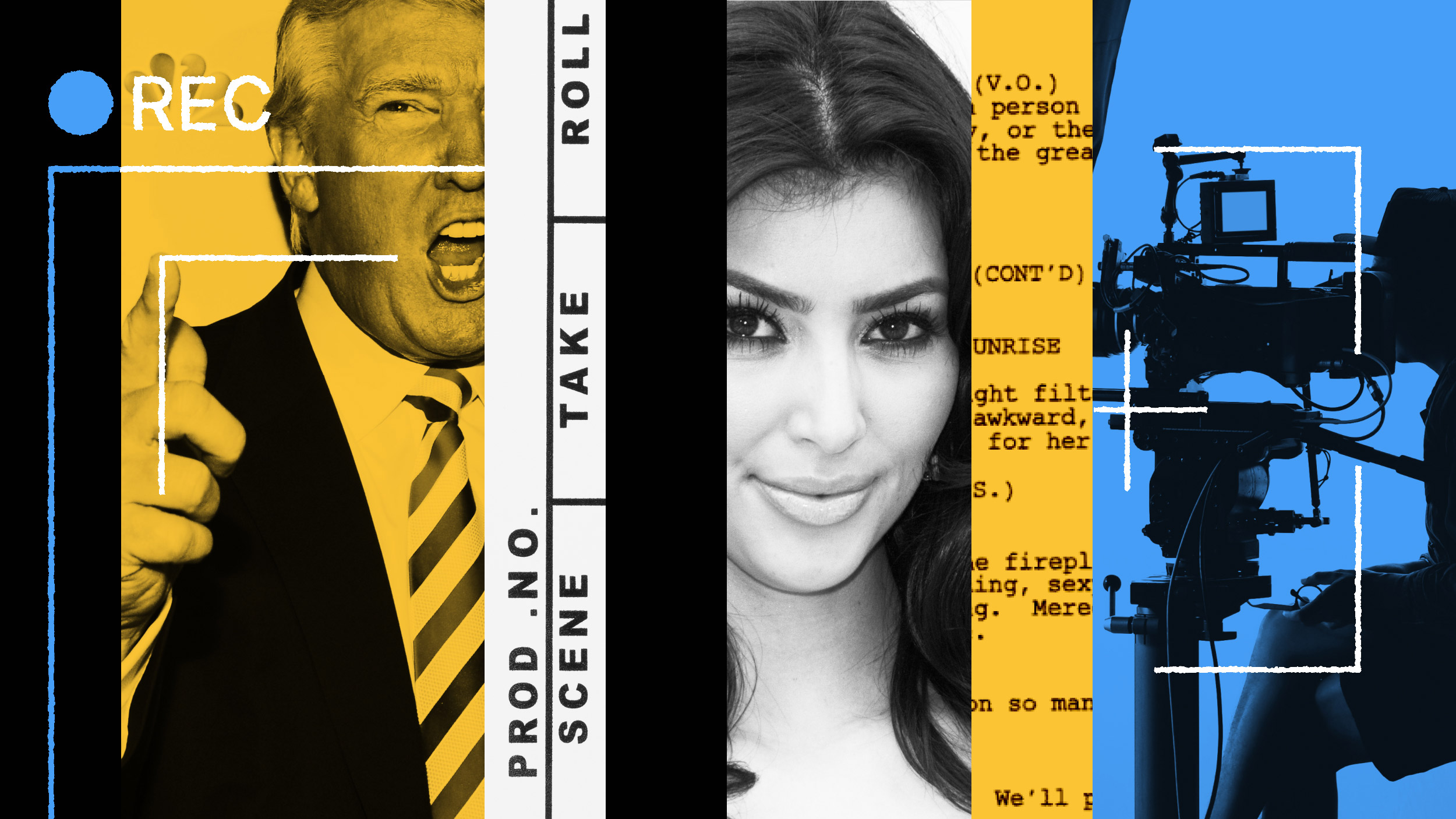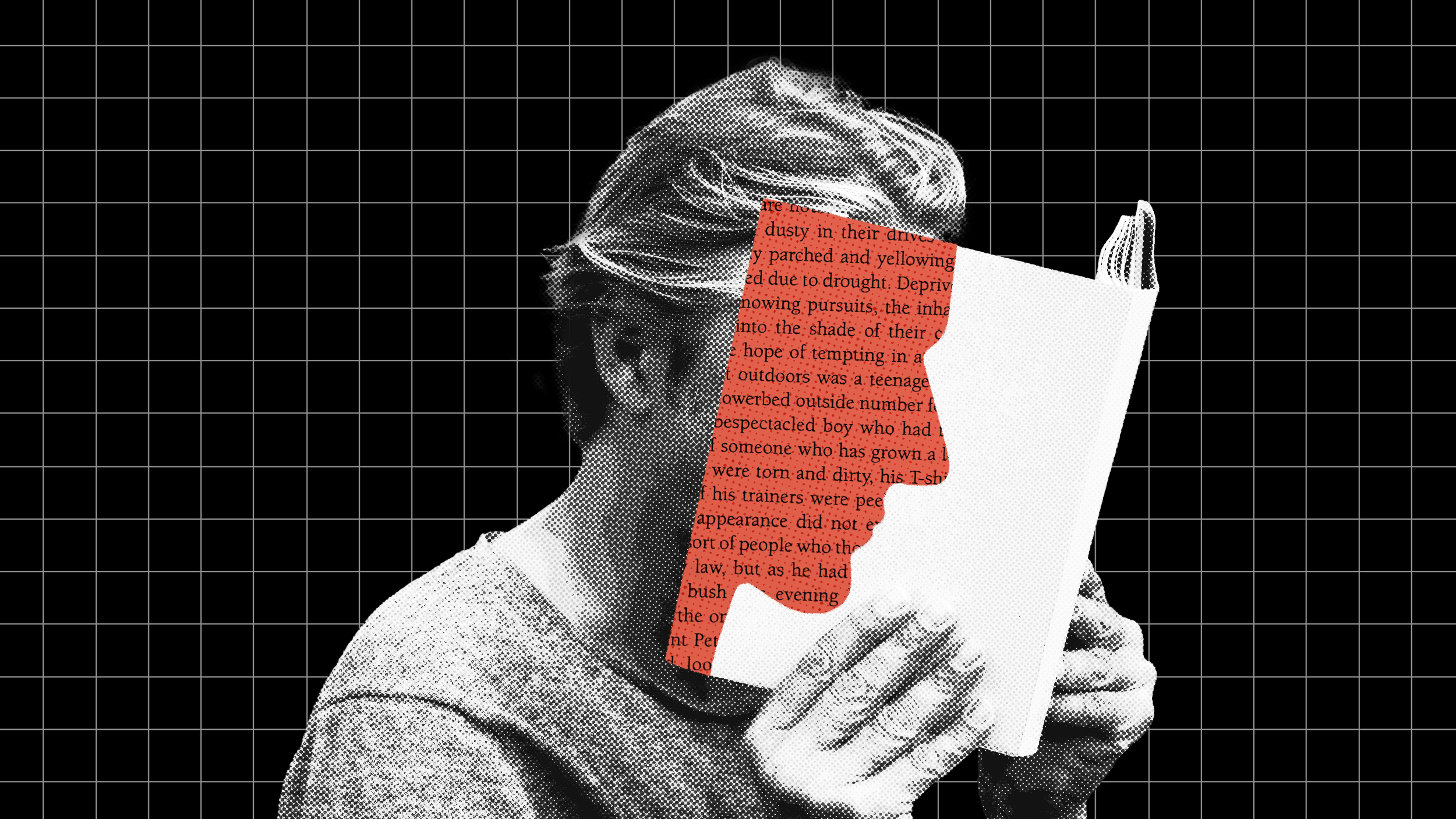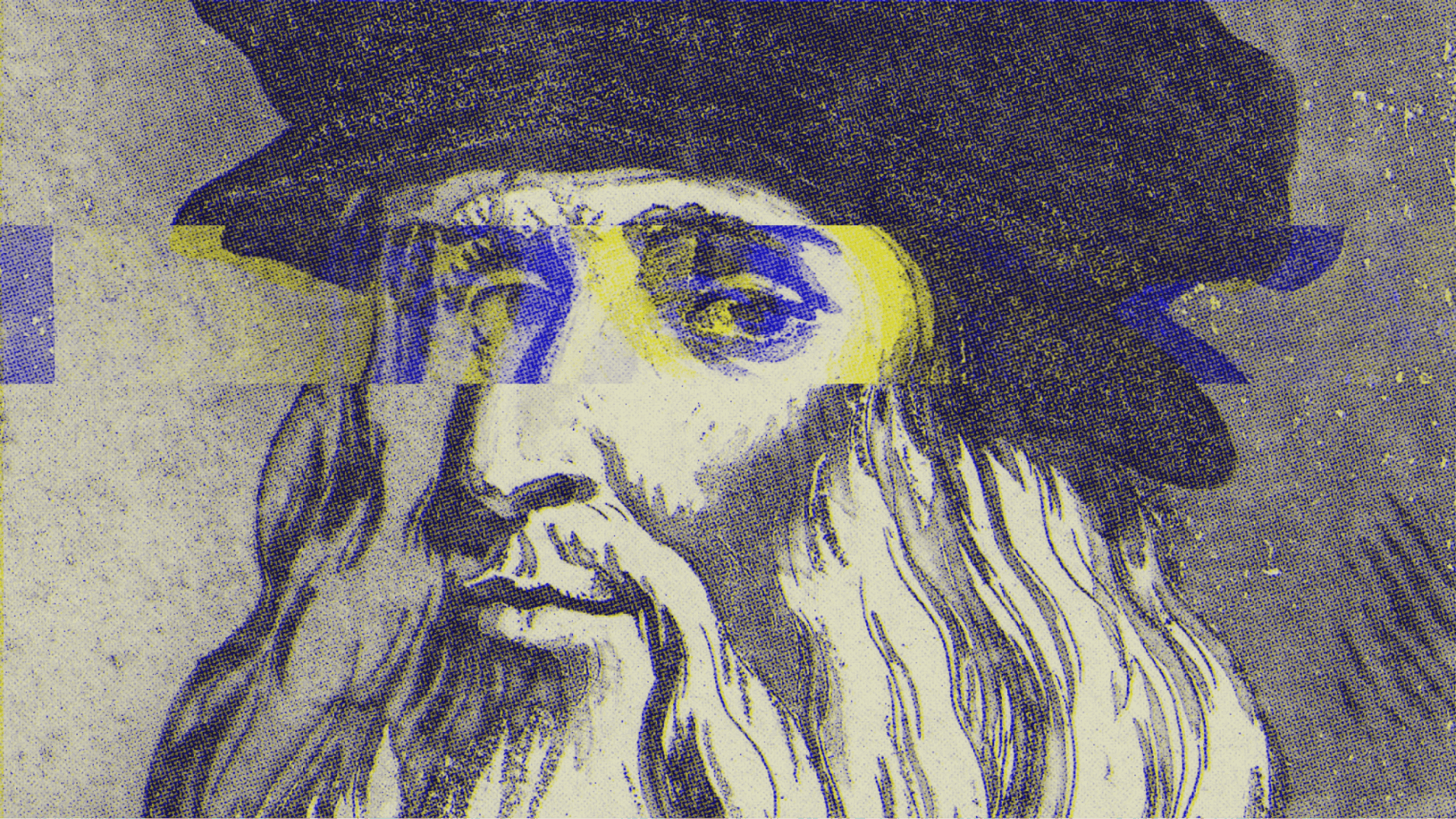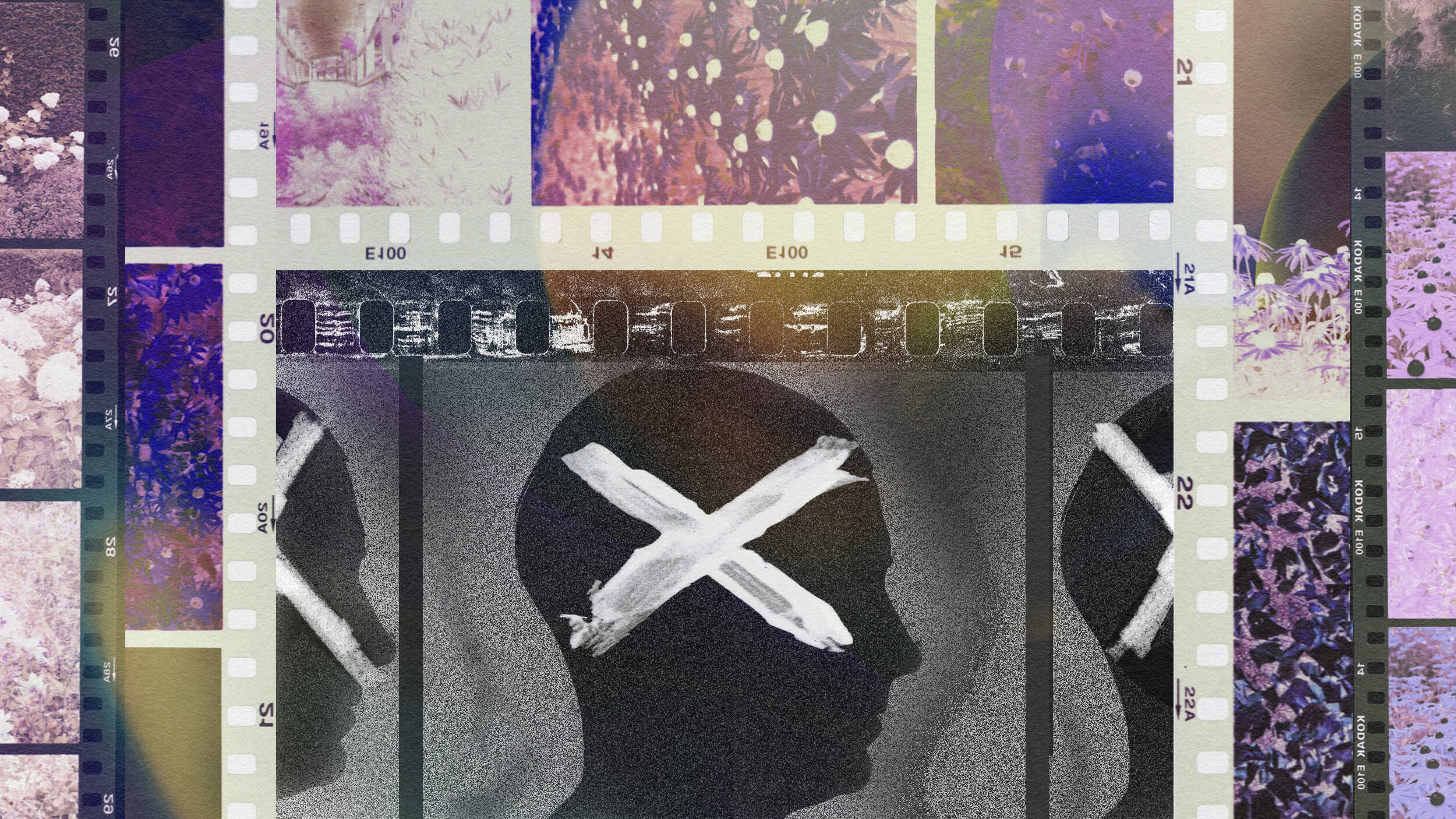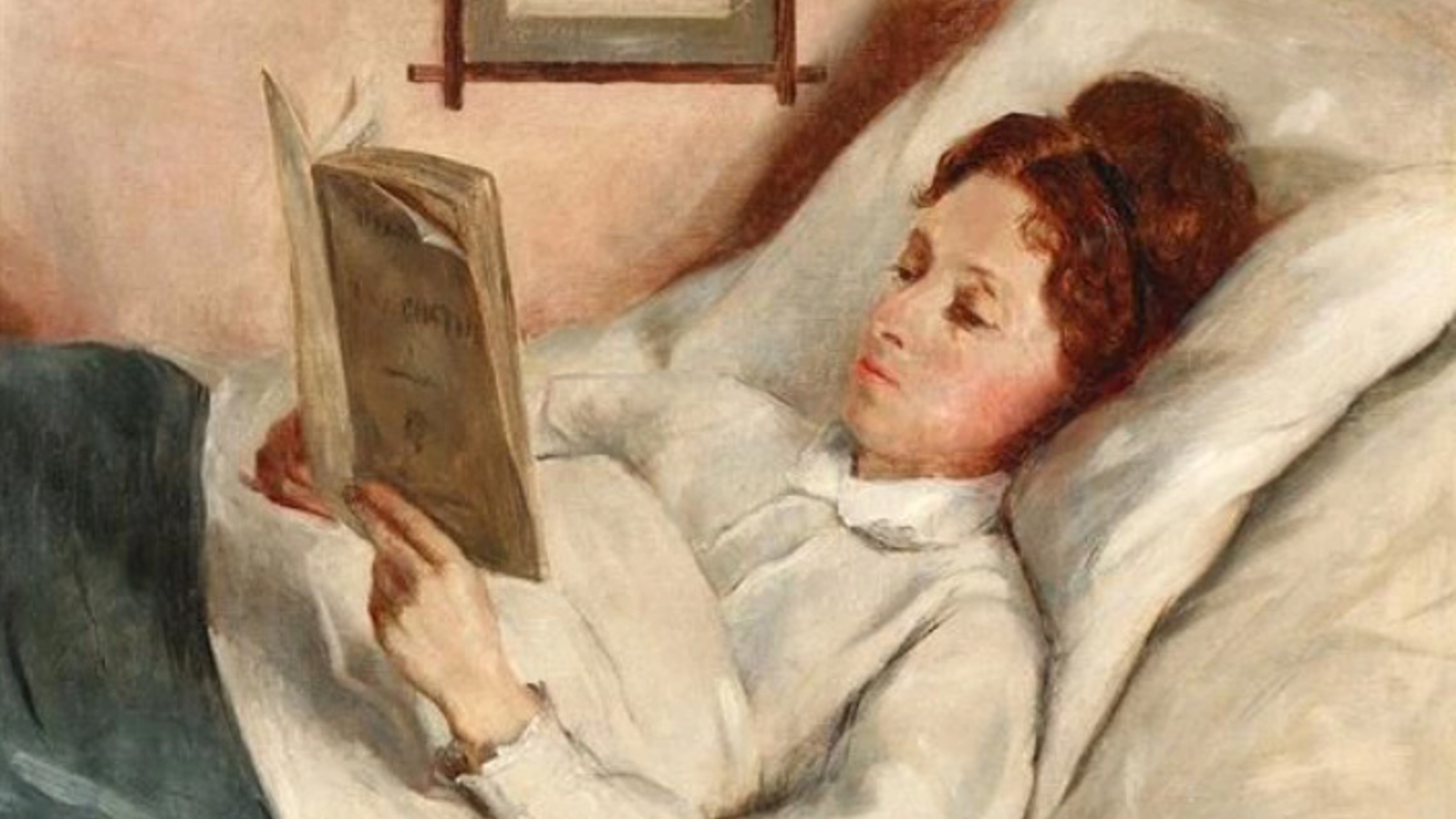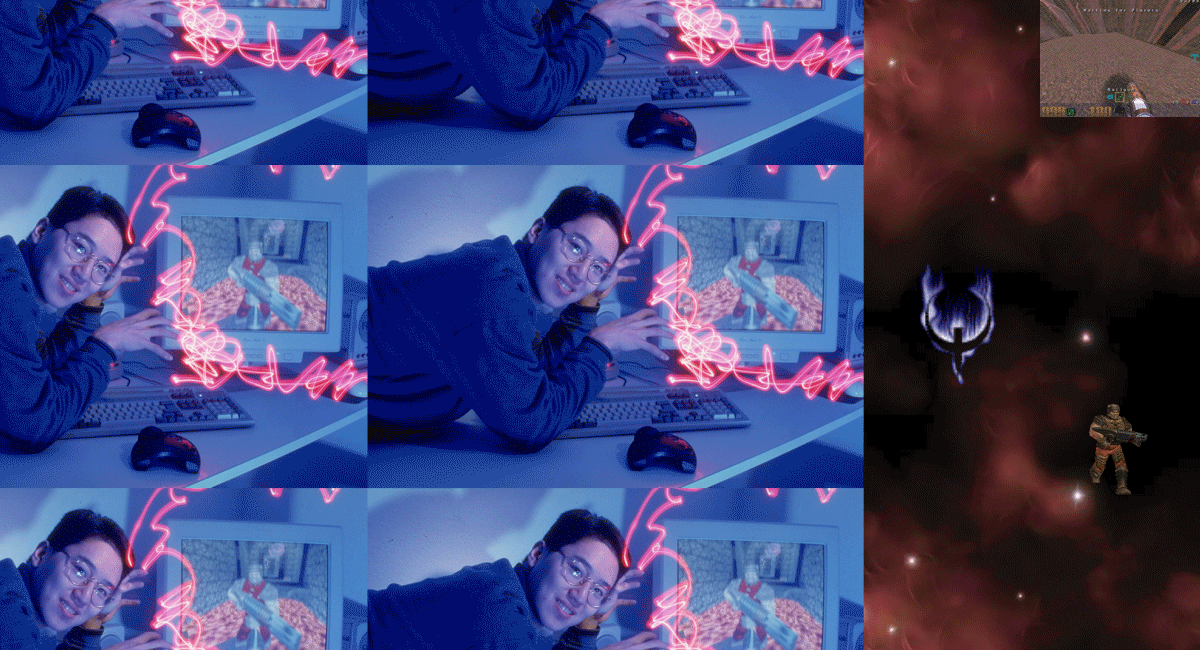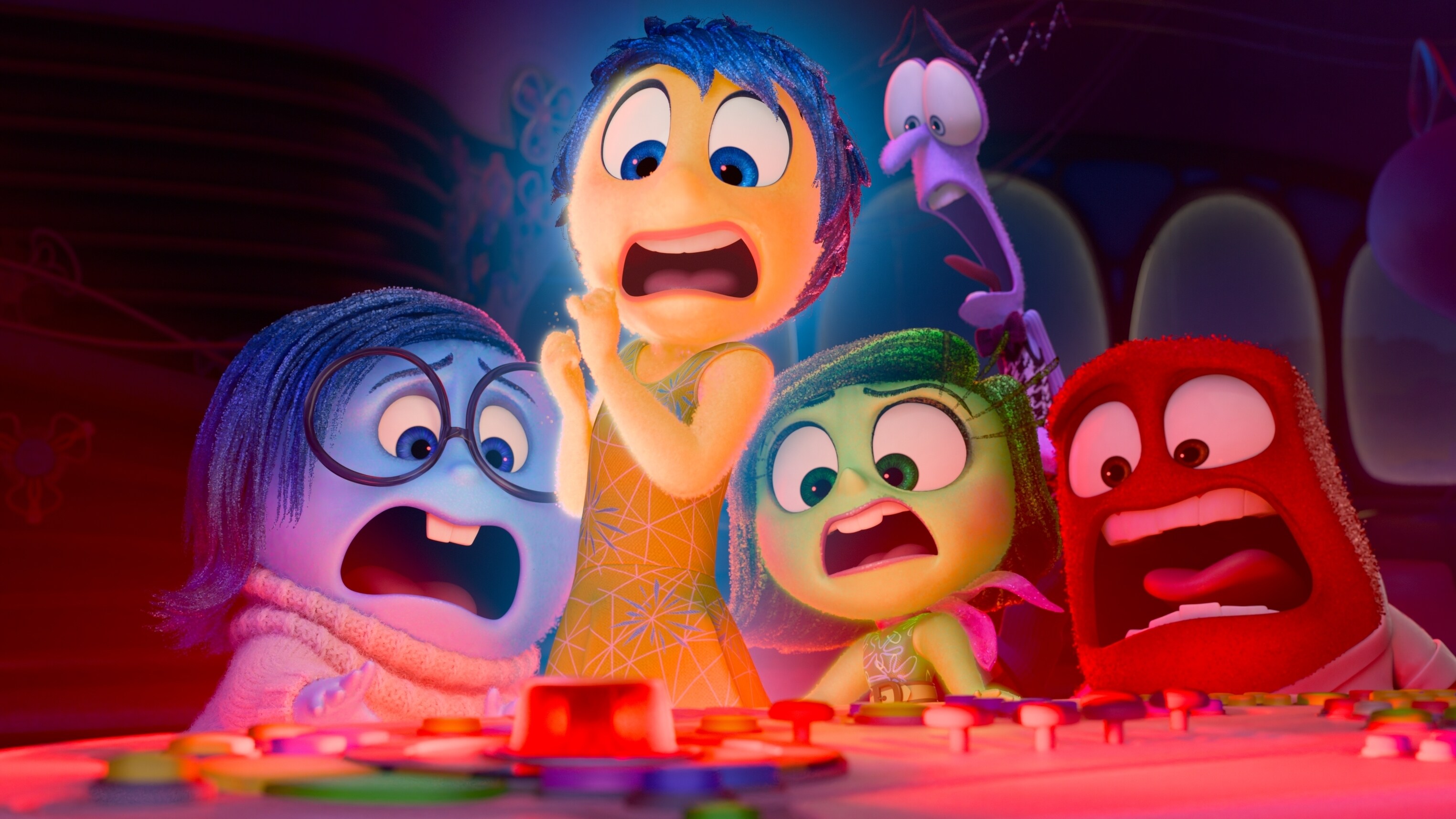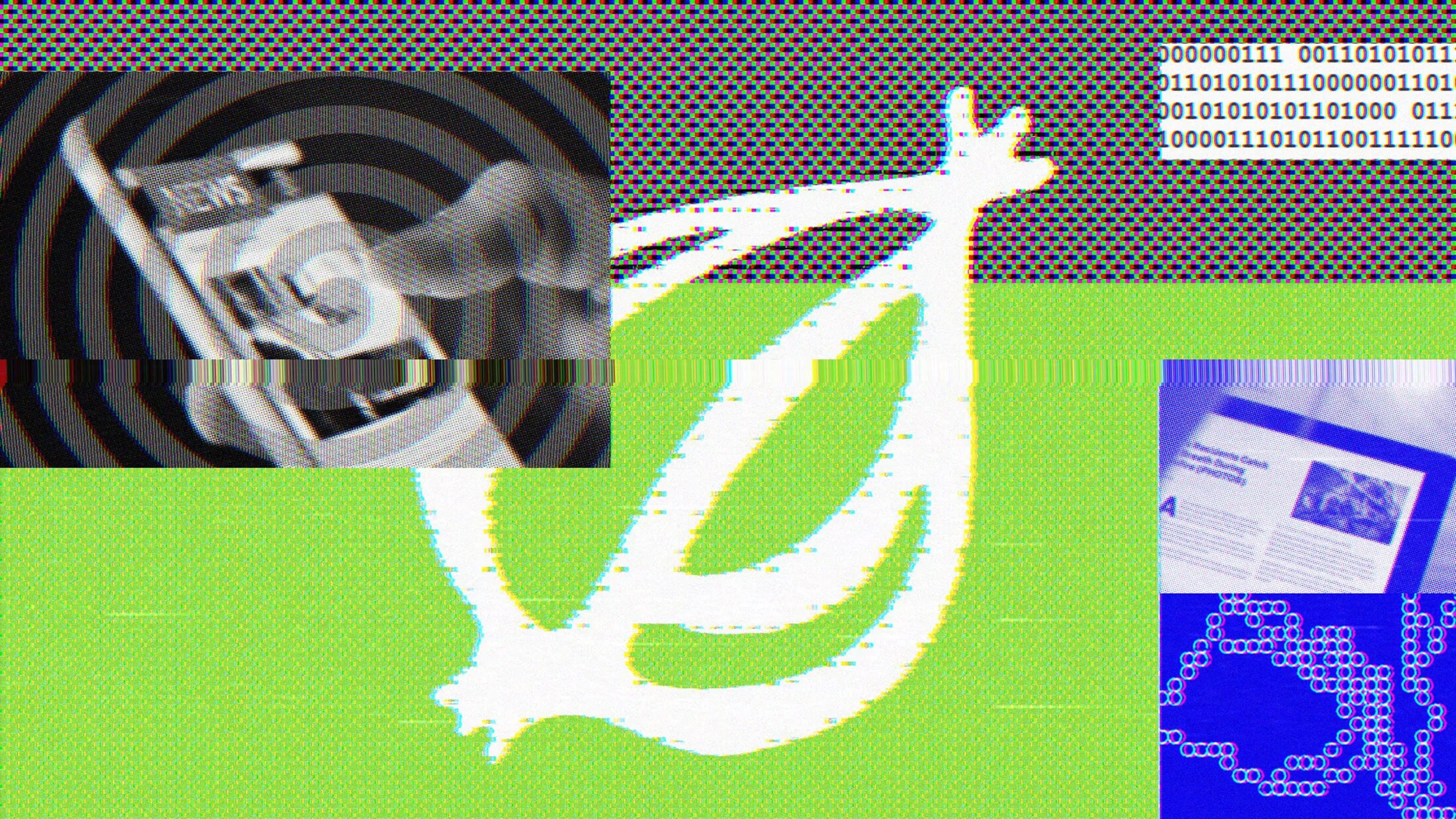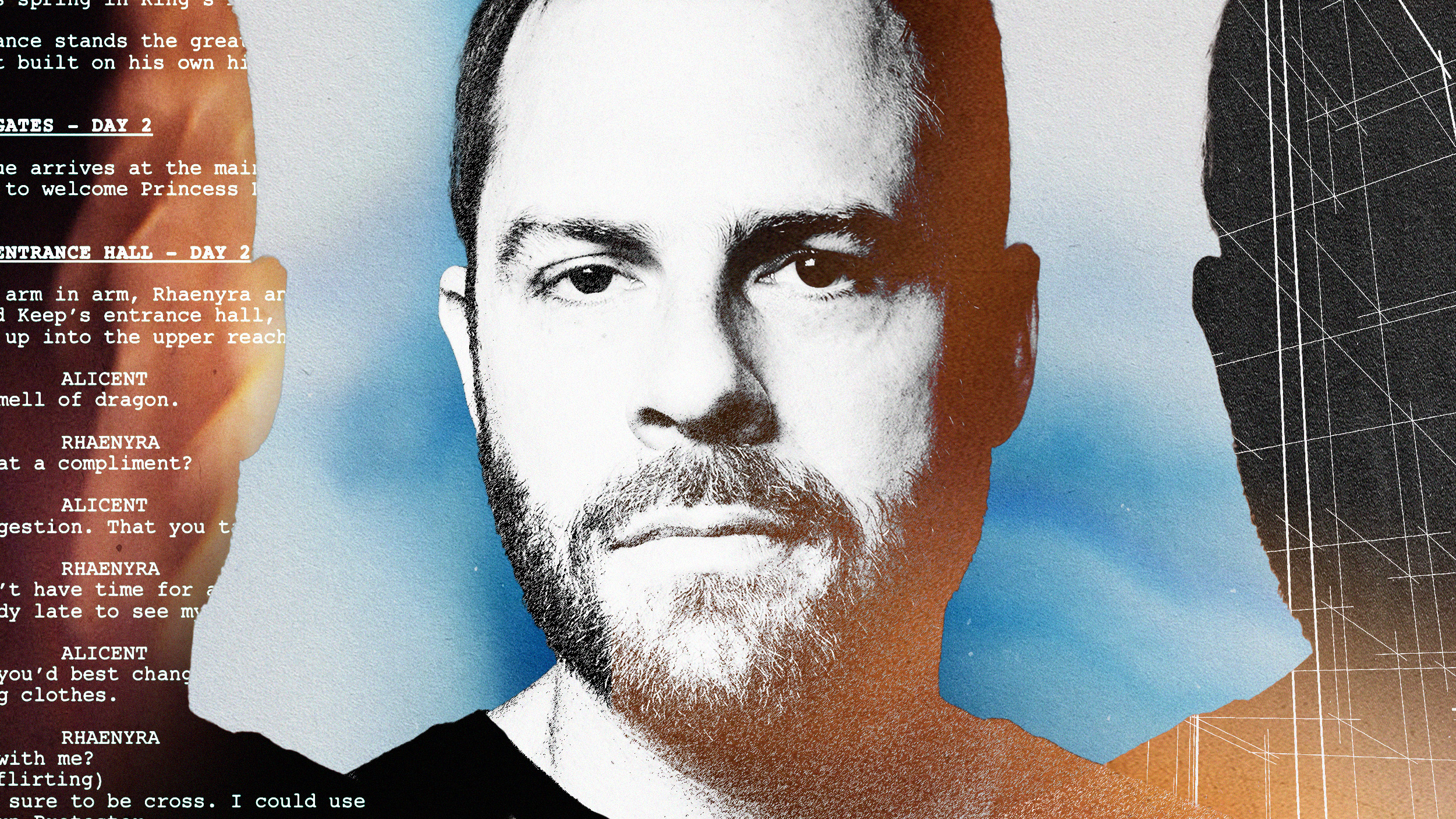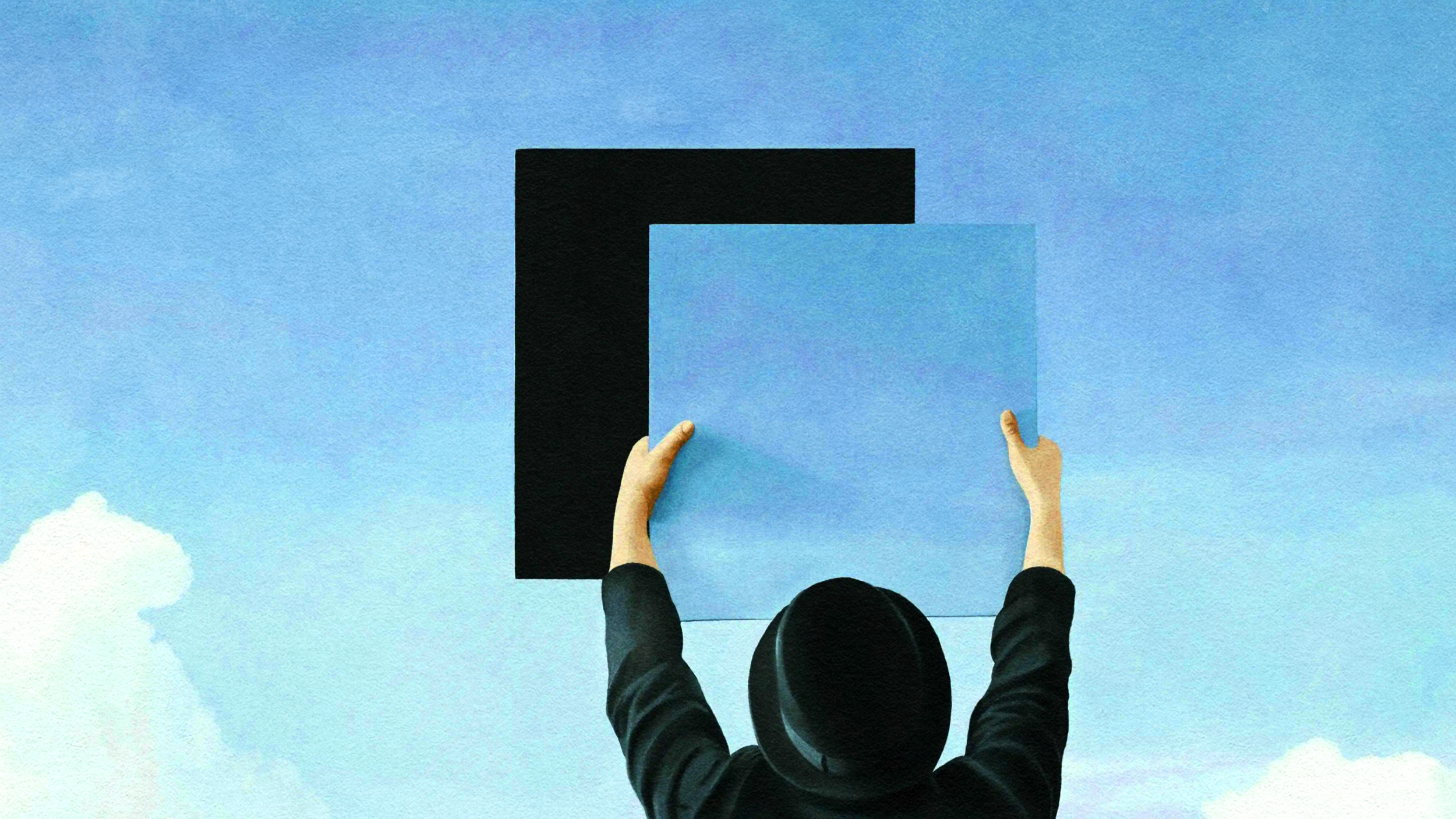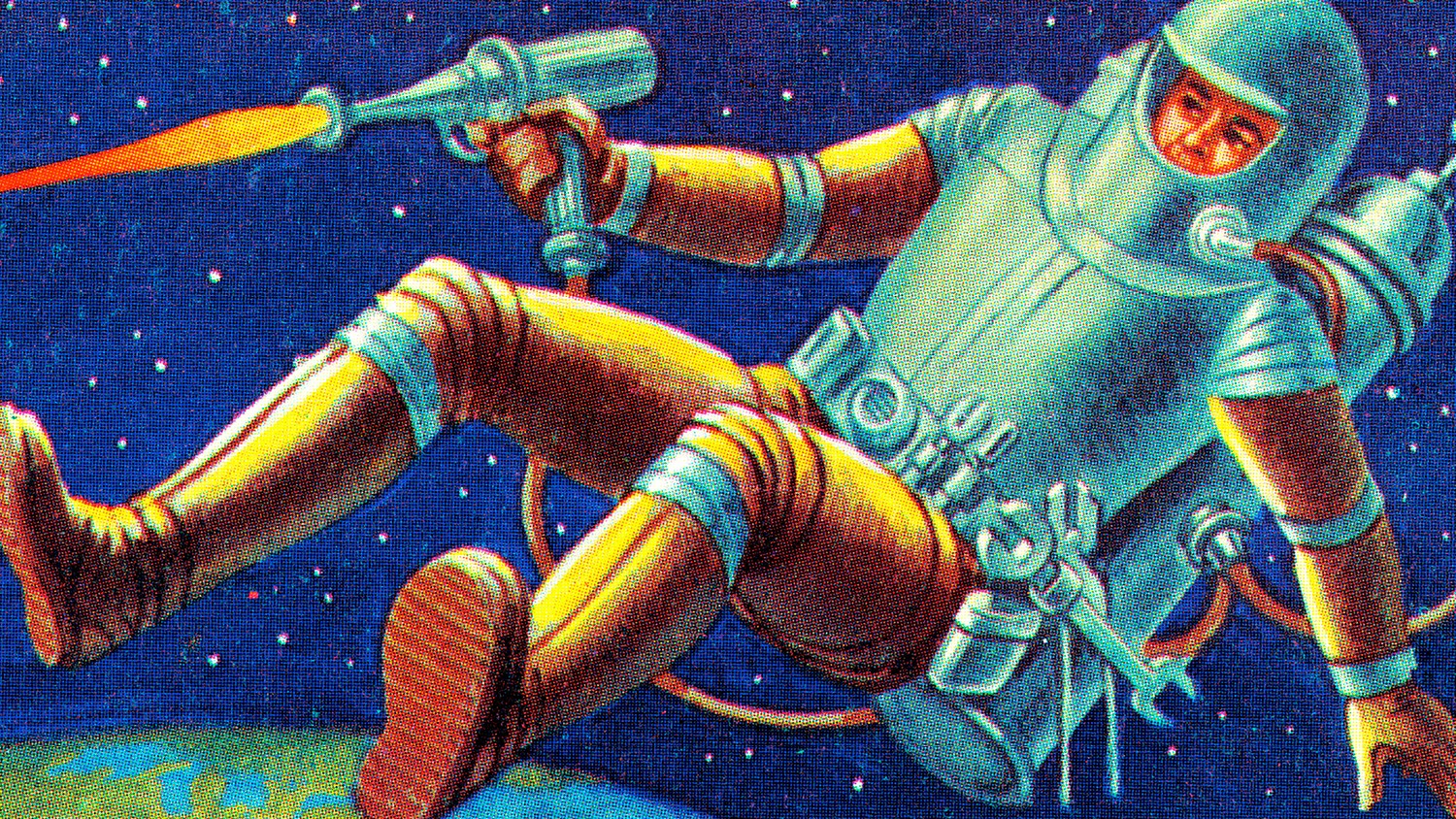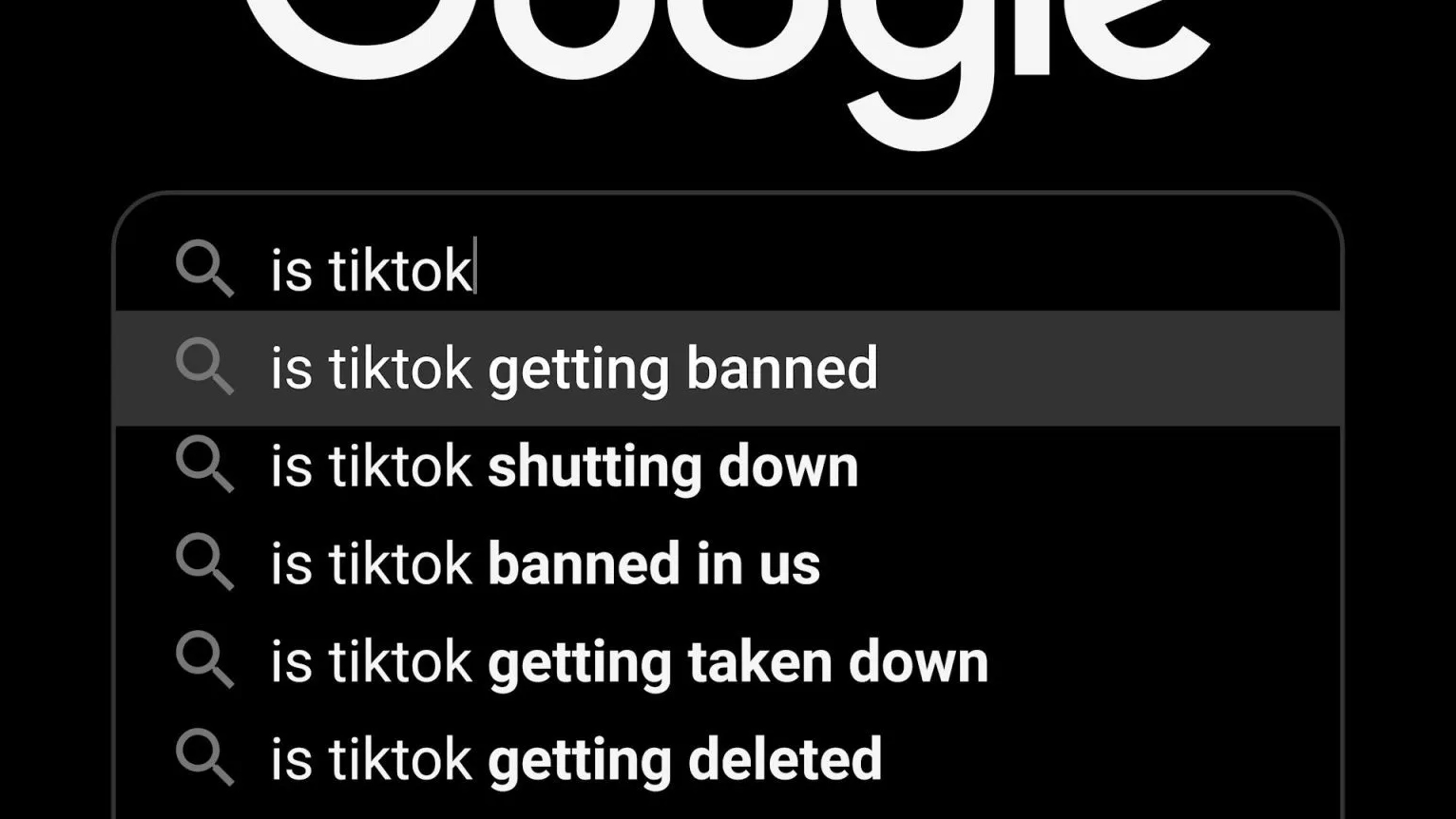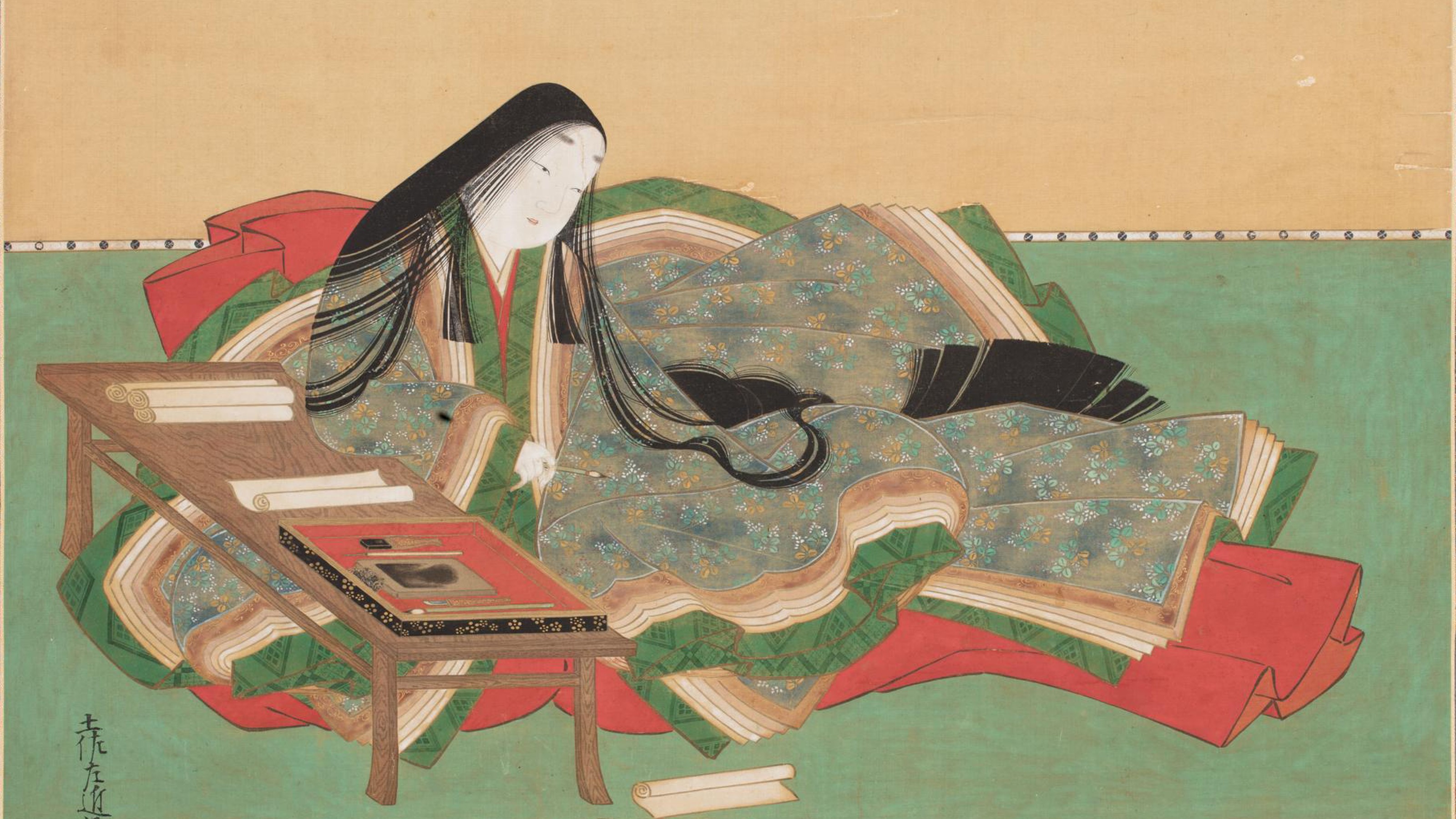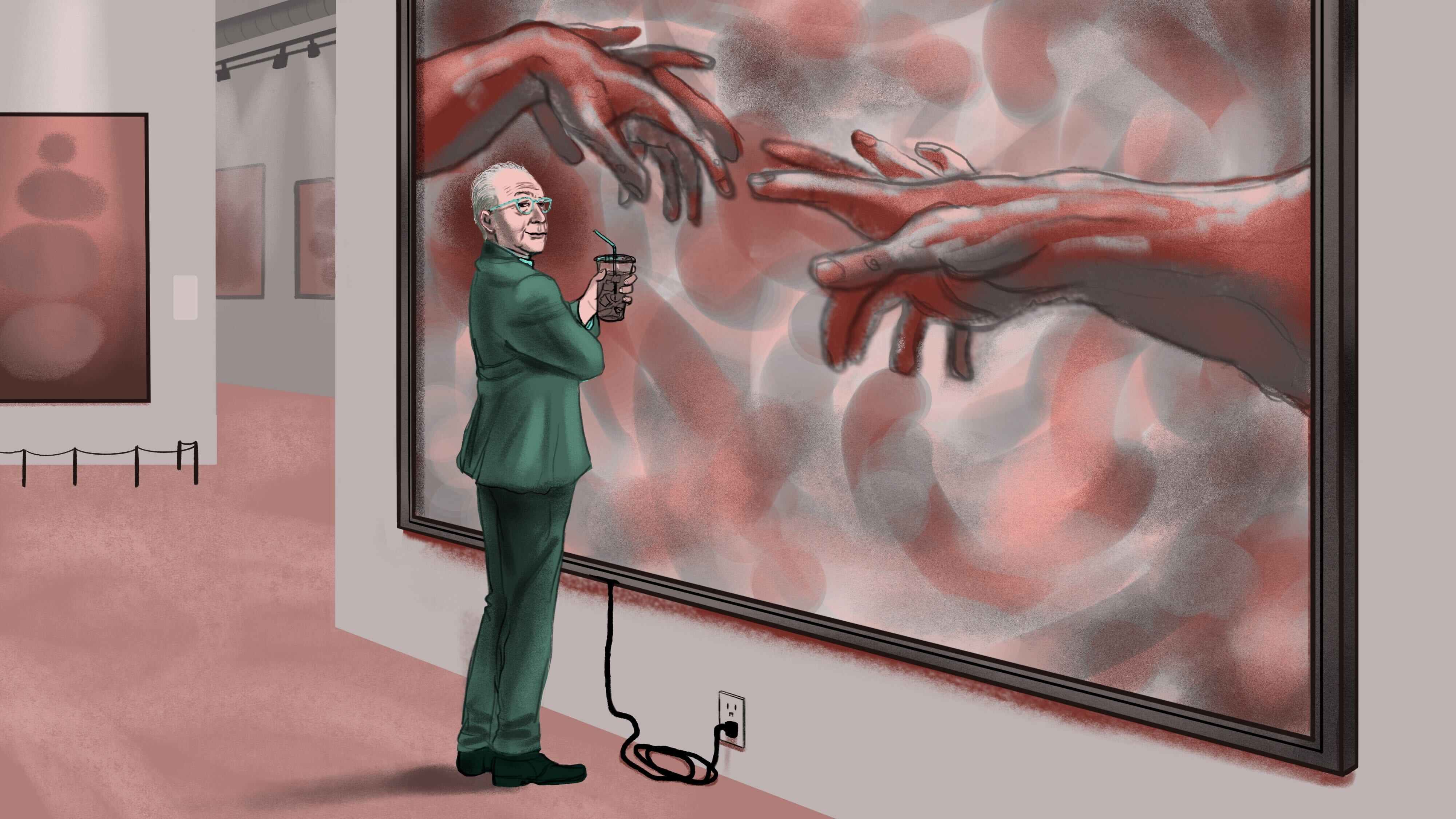High Culture
featured
The Rijksmuseum employed an AI to repaint lost parts of Rembrandt’s “The Night Watch.” Here’s how they did it.
All Stories
Big Think and the John Templeton Foundation gathered scientists, artists, and storytellers in Los Angeles to explore the power of awe.
Before we can build the future, we have to imagine it.
“What’s happening now has, in fact, been happening since the very invention of language and writing.”
In revolutionary Russia, a group of forward-thinking philosophers offered an alternative to both futurism and communism.
From Einstein to Twain, Garson O’Toole investigates the truth behind your favorite — and often misattributed — quotes.
Hugo-winning author Ken Liu explores what early cinema and Chinese poetry can teach us about AI’s potential as a new artistic medium.
How the cult hit sci-fi show imagines a “techno-realist” future.
The first in a series of short stories by the Hugo- and Nebula-winning author that inspired the cult hit “Pantheon.”
These books helped build the empirical case that life’s origins differ from those described in myths and legends.
Reality TV created Donald Trump. But who created reality TV?
From acclaimed novels to heretical treatises, sometimes a writer just doesn’t want to put their name on the cover.
“The only requisite for nonfiction is that it’s true,” says Nathan Thrall, author of the Pulitzer Prize-winning book “A Day in the Life of Abed Salama.”
“Carl faced his death with unflagging courage and never sought refuge in illusions.”
With no reliable way to discern the author of an artwork, we may eventually abandon the question of whether something was made by humans or not.
For J.R.R. Tolkien, the single most important element of a fairy tale was the dramatic reversal of misfortune in the story’s ending.
Many beloved fantasy adventures take place in worlds that bear a striking resemblance to our own.
Burns’ latest documentary dives into the long-romanticized life and work of the Italian polymath.
The writer’s tragic death at age 46 has led many to view him as a tortured artist. Here’s why this label is reductive.
“No matter how long you’ve been doing a job or how good people say you are, you need to care as if you’ve never done it before.”
With the right prompts, large language models can produce quality writing — and make us question the limits of human creativity.
Dennis “Thresh” Fong talks to us about battling Elon Musk in Quake in the ‘90s, his undefeated record as a pro gamer, and using AI to detoxify gaming.
Meg LeFauve and Dave Holstein drew inspiration from psychologists as well as their own children, becoming more understanding parents in the process.
What you can learn about media by parodying it from the print era into the digital age.
Have you ever noticed how many things you interact with but can’t name? So did we.
Ryan Condal, who worked in pharmaceutical advertising before Hollywood, talks with Big Think about imposter syndrome, “precrastination,” and Westeros lore.
In “Moral Ambition,” Dutch historian Rutger Bregman argues that all would benefit from a collective redefinition of success.
“Isn’t it enough to see that a garden is beautiful without having to believe that there are fairies at the bottom of it too?”
TikTok and its allies won’t go down without a legal fight.
From Nick Carraway to Charles Marlow, these side characters offered truths their scene-stealing protagonists couldn’t.
“I believe that in the future, there will be a Francis Bacon of AI art,” Saltz tells Big Think. “We just haven’t seen that artist yet.”
